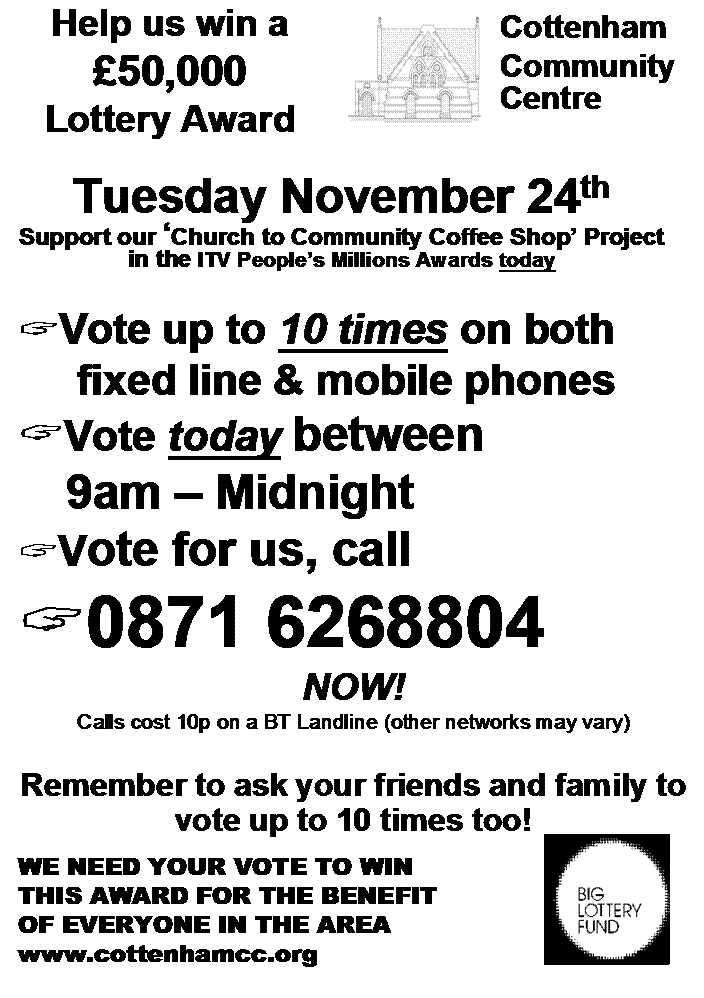Enterprise 2.0 is a label Andrew McAfee coined to describe the use of collaborative tools within large organisations, focused on the benefits this offers to non-technical managers rather than technology-for-technology’s sake enthusiasts. In other words: blog, wikis, forums, and social networks are nice, but what does it mean for a service manager? As always Wikipedia is your friend.
McAfee’s book, helpfully titled Enterprise 2.0, is a great read. I’m halfway through it myself.
This ties into what will be a key theme for me in 2010 – that the interesting bits around social software is not the software but the implications of it: sharing, openness, transparency, collaboration, co-creation.
Dennis Howlett posted a while back that enterprise 2.0 is a crock:
Like it or not, large enterprises – the big name brands – have to work in structures and hierarchies that most E2.0 mavens ridicule but can’t come up with alternatives that make any sort of corporate sense. Therein lies the Big Lie. Enterprise 2.0 pre-supposes that you can upend hierarchies for the benefit of all. Yet none of that thinking has a credible use case you can generalize back to business types – except: knowledge based businesses such as legal, accounting, architects etc. Even then – where are the use cases? I’d like to know. In the meantime, don’t be surprised by the ‘fail’ lists that Mike Krigsman will undoubtedly trot out – that’s easy.
It’s an interesting point Howlett makes, that greater collaboration and knowledge sharing through social technology works well in ‘knowledge based businesses’ but that the business case is harder to make otherwise.
How does this fit with government and public services? It’s a complicated one because there are clear examples of where greater collaboration and information sharing would have benefits, but also there are services provided by government which have to follow strict procedure, and to circumvent that would lead to disaster.
I see a clear opportunity to blend technology to produce systems that produce real value to staff working in public services: the intranet, eLearning, collaboration tools like Huddle, communication platforms such as Yammer and more traditional forums, knowledge sharing systems such as wikis. Carl hints at this in his recent post:
the intranet is now just part of what many people are referring to as Enterprise 2.0
The focus on the use of interactive web technology has been on external citizen engagement up til now. But many of the real wins might be behind the firewall.
Is there a conversation already going on about this? If not, let’s start one. I’m tagging this post – and any other relevant ones here on DavePress – as entgov. Feel free to do the same, or if someone comes up with something better, let’s use that.
Update: John Suffolk, UK government CIO, has posted this:
So if the customer/citizen becomes the CIO what does the CIO become… time for a new TLA; How about CCO, the Chief Collaboration Officer? In our world of ever decreasing time to launch our products and services and our increasing reliance on global supply chains and a multi supplier (IT and business service) world, increasingly our roles demand substantial collaboration to get the job done.

